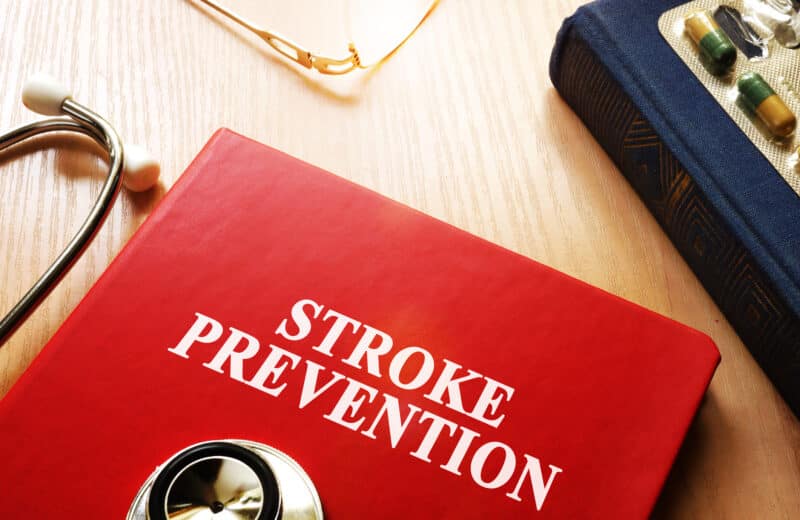Q: I recently had a routine visit with my doctor. She ordered a thyroid test and told me I have a slightly underactive thyroid gland. If I feel well, do I need treatment?
A: What you are describing is what doctors call subclinical hypothyroidism. That means your body is getting enough thyroid hormone for you to be safe. But your thyroid gland is making and releasing just enough to keep the hormone level in the normal range.
Doctors diagnose subclinical hypothyroidism based on the results of two blood tests. The first is a TSH, which stands for thyroid stimulating hormone. TSH is made by the pituitary gland in the brain and released into the blood stream. The pituitary gland releases more or less TSH depending on the blood level of thyroid hormone or T4.
When the T4 level falls below the normal range, the pituitary gland reacts by sending out more TSH and the TSH level rises. When both the TSH is high and the T4 is low, that is definite hypothyroidism. But it’s not uncommon for TSH level to be mildly elevated when the T4 is falling toward abnormal but not there yet.
I suspect you have this mixed picture with a normal T4 blood level and a minimally elevated TSH that is higher than 5.0 mIU/L but less than 10 mIU/L. The reported normal range for TSH varies a bit depending on the lab that ran the test. Many labs use 0.4 to 5.0 mIU/L as the TSH normal range.
What to do about an underactive hypothyroidism is a subject that has been studied and debated for years. One worry about mild hypothyroidism is the potential link between untreated subclinical hypothyroidism and coronary artery disease.
Results of research on whether underactive thyroid disease causes heart problems have been conflicting. According to some studies, the condition has been associated with heart and blood vessel abnormalities.
You can safely wait and have the TSH repeated in three to six months. However, if you do have some symptoms of an underactive thyroid, such as fatigue, feeling sluggish, or constipation, you might opt to start low dose thyroid medication now.
Another reason to consider starting thyroid medication treatment now relates to the potential contribution of a mild hypothyroidism to vascular health. Having risk factors for heart attack and stroke including smoking, high cholesterol, high blood pressure or diabetes might sway the decision for you and your doctor.
(Howard LeWine, M.D., is an internist at Brigham and Women’s Hospital in Boston and assistant professor at Harvard Medical School. For additional consumer health information, please visit www.health.harvard.edu.)












